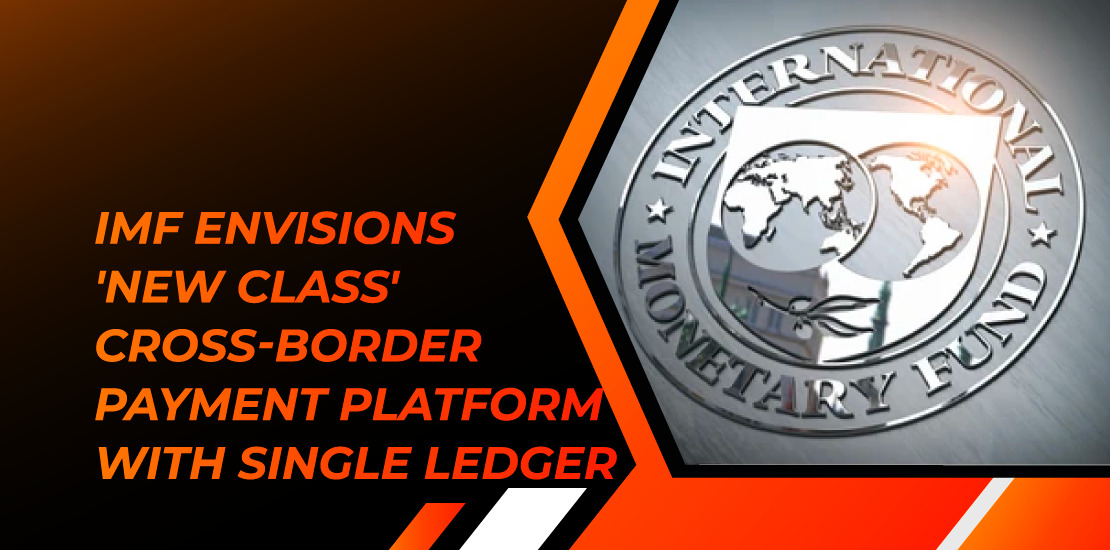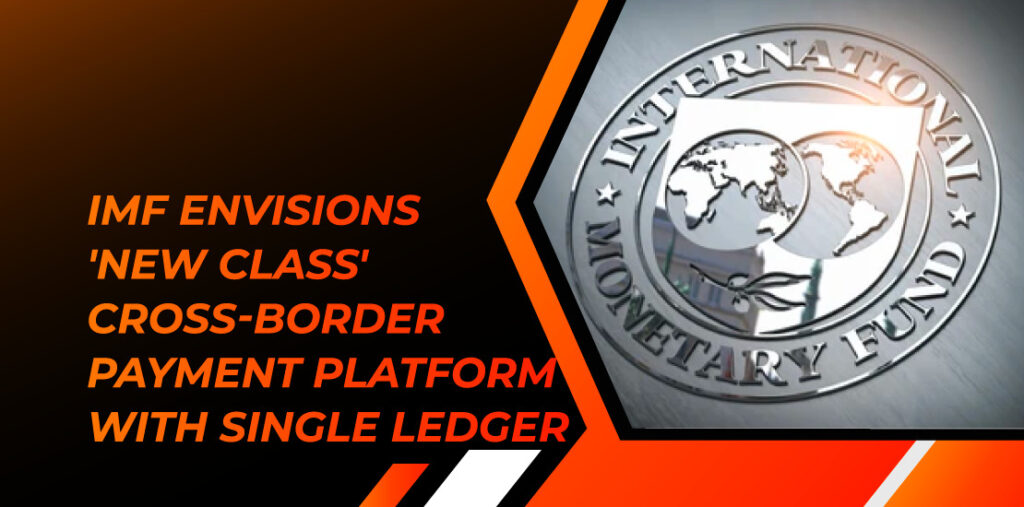- June 22, 2023
- Posted by: [email protected]
- Category:


The International Monetary Fund (IMF) has unveiled plans for a ground-breaking cross-border payment system that harnesses the power of a single ledger to record transactions involving central bank digital currencies (CBDCs). The IMF introduced the concept of this “new class” of payment platform during a roundtable on CBDC policy, in collaboration with the central bank of Morocco. Tobias Adrian, the IMF’s Director of the Monetary and Capital Markets Department, disclosed that the platform has the potential to deliver benefits such as reduced fees and faster transaction times, which could ultimately benefit both individual users and institutions. Adrian commented that, as a result, a portion of the staggering $45 billion paid annually to remittance providers could be redirected back into the pockets of the underprivileged.
Moreover, the proposed platform would facilitate central banks in intervention in foreign exchange markets, aggregating information on capital flows, and resolving disputes. Adrian also highlighted that the platform could be adapted for domestic wholesale and retail CBDCs. The details of the platform, named the XC (Cross-Border Payment and Contracting) platform, were outlined in an IMF Fintech Note co-authored by Adrian and released concurrently.
The XC platform is based on the infrastructure of CBDCs. It comprises a settlement layer with a unified ledger, with plans to expand access to this layer. Presently, institutions are required to hold a reserve account with a central bank to conduct cross-border operations. However, the XC platform would enable the trading of tokenized domestic central bank reserves, while liquidity would still be sourced from institutions with reserve accounts. Additionally, a programming layer within the platform would foster innovation and customization of services, while an information layer would incorporate anti-money laundering (AML) details to meet trust and privacy requirements.
Notably, the XC platform is not exclusive to CBDCs. It would provide interoperability between assets and money tokenized by the private sector, establishing standards and a secure environment for programming financial contracts. Settlements within the platform would be conducted using central bank money. The IMF’s proposal aligns with a similar concept put forth by Agustín Carstens, the General Manager of the Bank for International Settlements, during a speech in February.
The IMF’s introduction of this new cross-border payment platform signifies a significant step forward in enhancing the efficiency and effectiveness of international transactions. By utilizing a unified ledger and embracing programmability, the XC platform has the potential to revolutionize cross-border payments, streamline regulatory processes, and foster financial inclusivity on a global scale.



